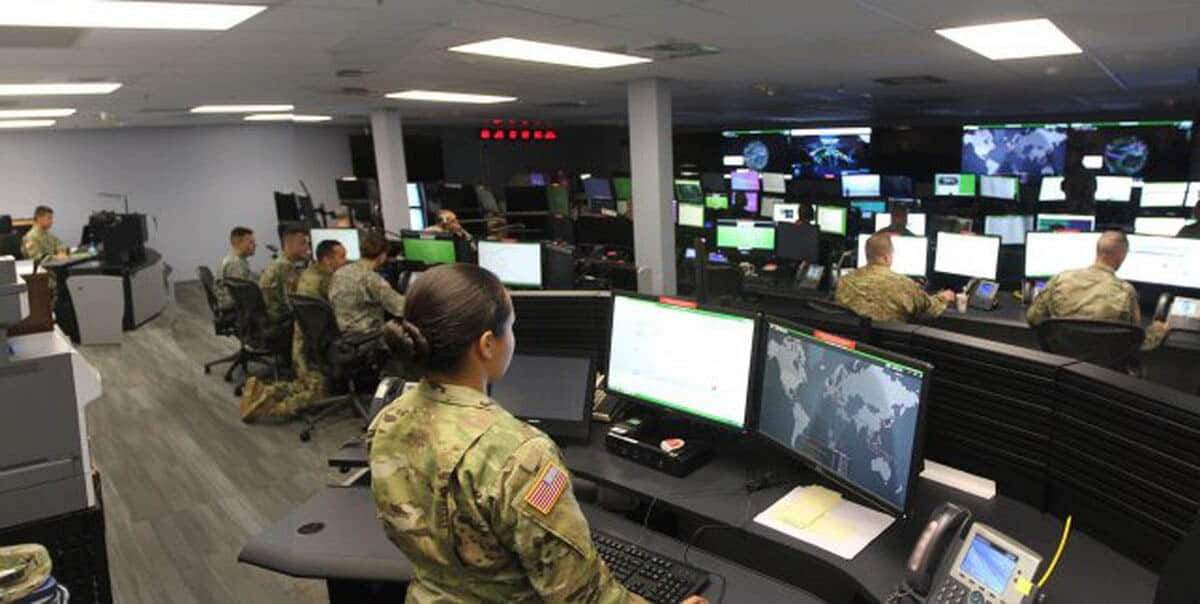House members worry if the cyber force is the right size

Members of Congress are concerned about the size of the Department of Defense’s cyber force.
U.S. Cyber Command’s cyber mission force consists of 133 offensive, support and defensive cyber teams. But during a March 4 hearing of the House Armed Services Committee, Rep. Jim Langevin, D-Rhode Island, used his opening statement to ask about Cyber Command’s staffing.
“We need to candidly assess whether a force conceived more than seven years ago is sufficient for a dramatically different environment today,” he said. “I will also be curious to hear candid assessments on how organic capabilities resident in the Services are rationalized with CYBERCOM’s mission and strategy.””
Nakasone said during testimony the command plans to gather information for Pentagon leaders to make appropriate staffing decisions.
“A central challenge today is that our adversaries compete below the threshold of armed conflict, without triggering the hostilities for which DoD has traditionally prepared,” he said in written testimony. “That short-of-war competition features cyber and information operations employed by nations in ways that bypass America’s conventional military strengths.”
These expanded missions include a now enduring mission for Cyber Command to protect elections from foreign interference and influence as well as so-called hunt forward missions in which teams deploy to other nations to help them defend against malign cyber activity inside their networks. DoD officials believe these missions are critical to defending the U.S. homeland as they provide unique insights into activities of adversaries, which may be planning similar operations against U.S. networks.
In addition, due to new authorities from the executive branch and Congress, Cyber Command is also engaged in many more operations than in years past.
Photo: With an more expansive mission and responsibilities in recent years, members of Congress think DoD needs to update its cyber force structure. (Photo Credit: U.S. Army photo by Steve Stover)











